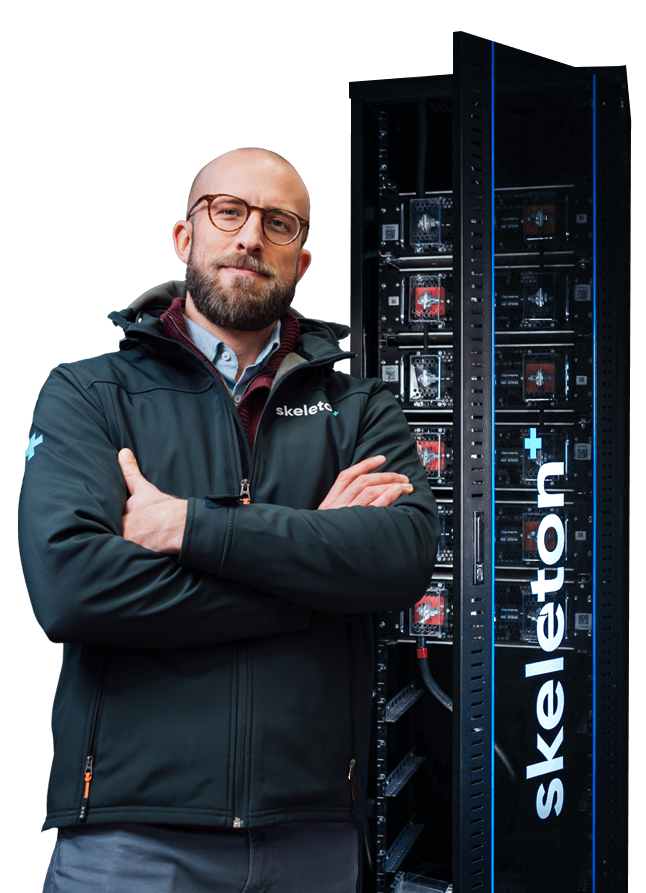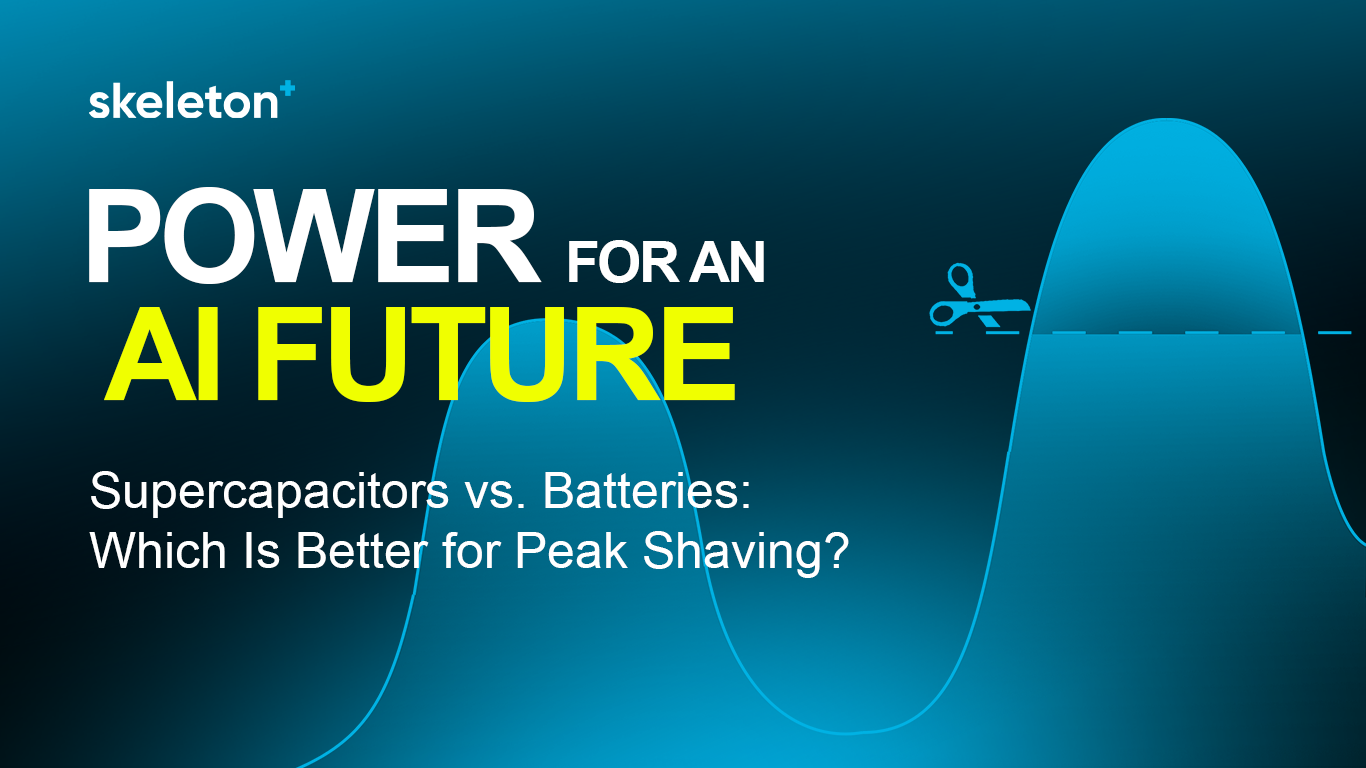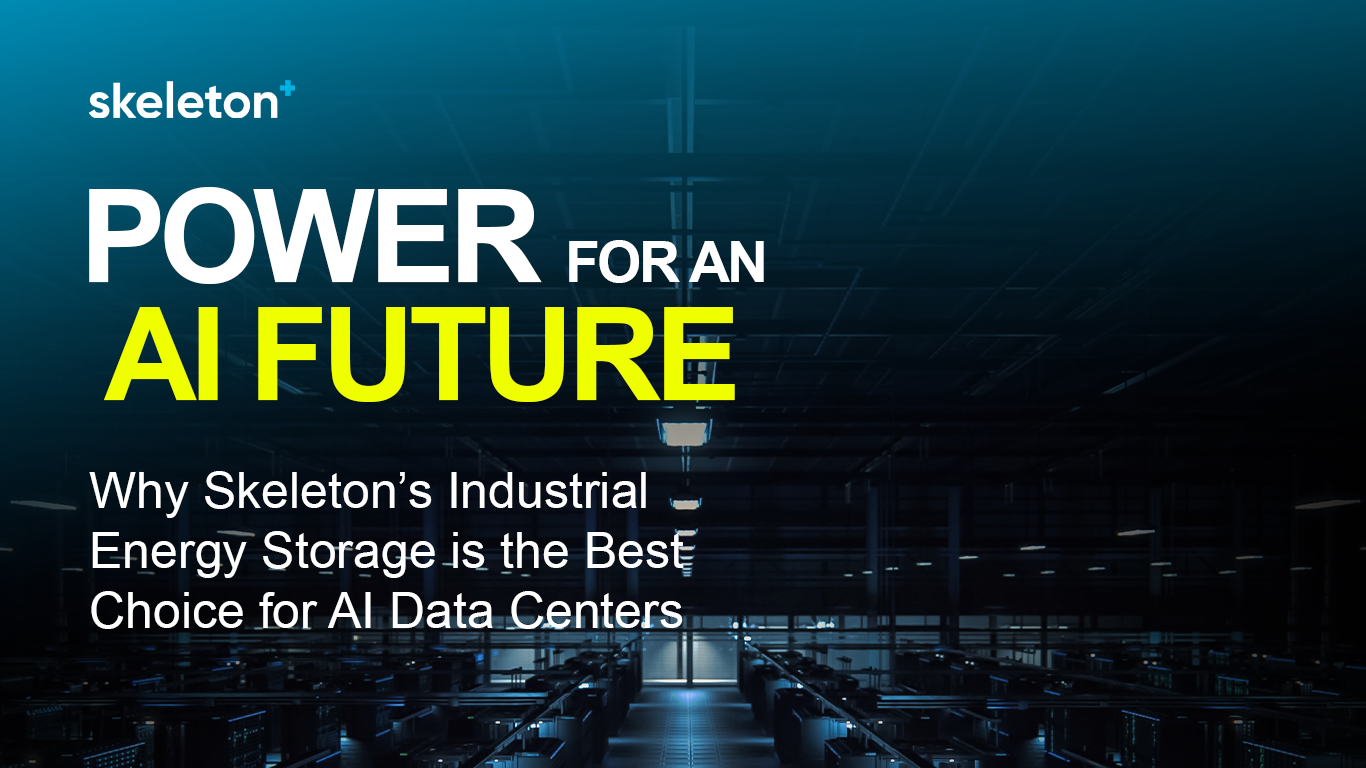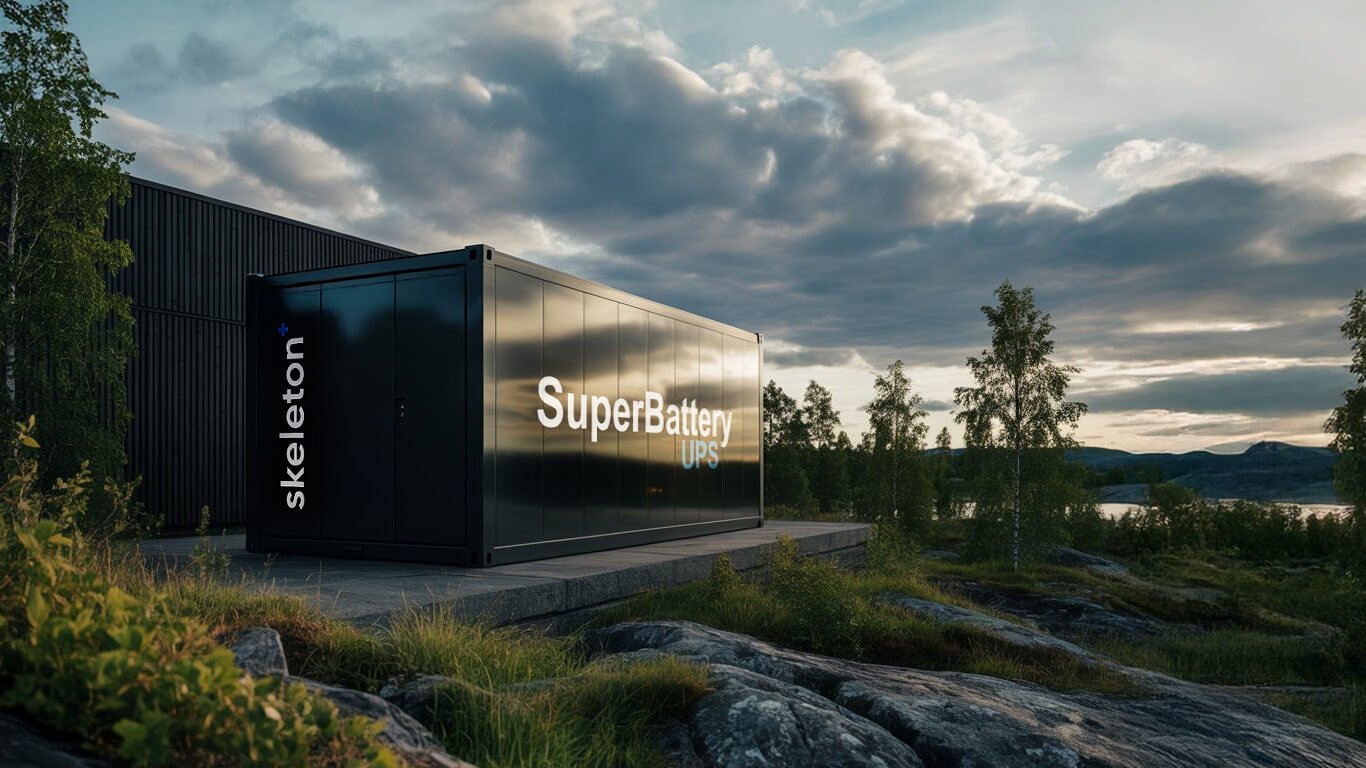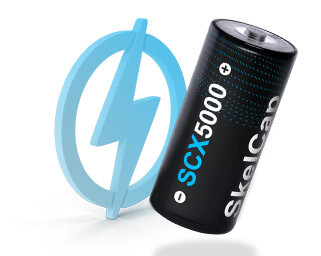
Do You Want Results or Do You Want Time Cards?
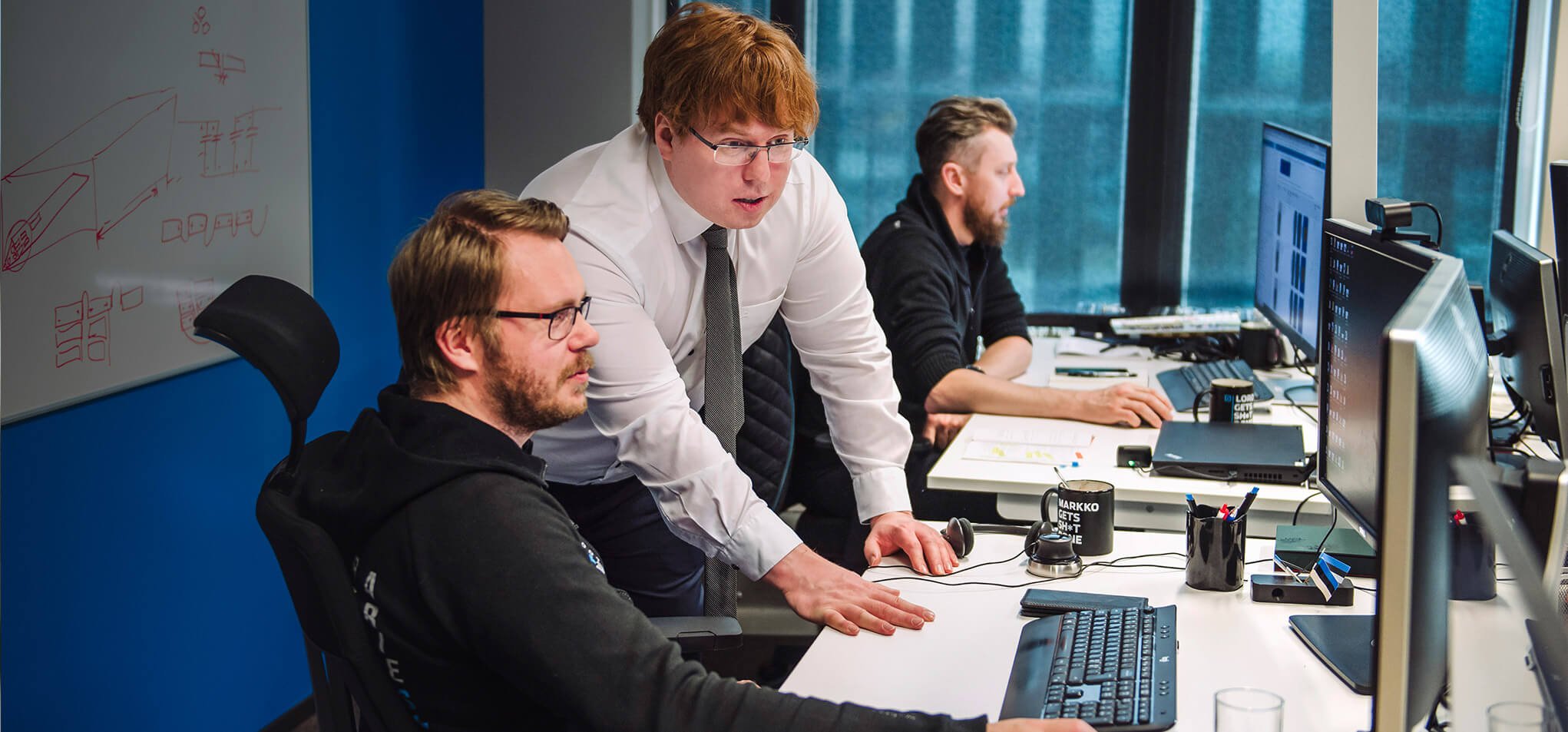
Flexible working hours are touted as a nicety or an additional benefit of working at startups, and most companies blindly follow the trend because you can't be worse than your competition.
For the on-lookers, this leaves the impression of another gratuitous perk, along with unlimited Red Bull or Friday afternoon beers, of the new working style of faux companies operating inside their own bubble of an ecosystem while the honest man toils away at his 9-to-5 as he always has.
Neither the blindly following companies nor the on-lookers understand that it needs to be about practicalities. When you're trying to achieve the biggest possible impact in the shortest amount of time, you always have more on your plate and you need to make sure that you're constantly working in the most optimal way.
At Skeleton, we put results first ("Get Sh#t Done" as a Core Value is an obvious hint) and we are not willing to compromise on that. I think this is something most people might not understand about being results-oriented:
If you truly care about results, then that should be front and center.
Most companies want to have their cake and eat it too by saying that they are results-oriented, but still track hours worked, the length of lunch breaks, and so on.
We came to the realization that if we really value Getting Sh#t Done, then we shouldn't care about where or when it's done.
Different people flourish in different enviroments - in the office, at home, in a loud café. We have one person at Skeleton who never sits at the same place two days in a row, for example. He doesn't even have his own desk, because he says he works more effectively roaming around the office with his laptop finding a free chair or an empty sofa to sit on.
The same applies to the time of day - the task doesn't ask whether it was completed at 8 AM or 8 PM, so neither should the company. The reason is very simple: it changes the discussion and focuses on the wrong thing.
If we say we look at results, then why are we talking about how late somebody comes in as a negative thing, or how late somebody leaves as a supposedly positive thing?
We should only be looking at two things:
- Does the person display the qualities we are looking for?
- Are we happy with their performance?
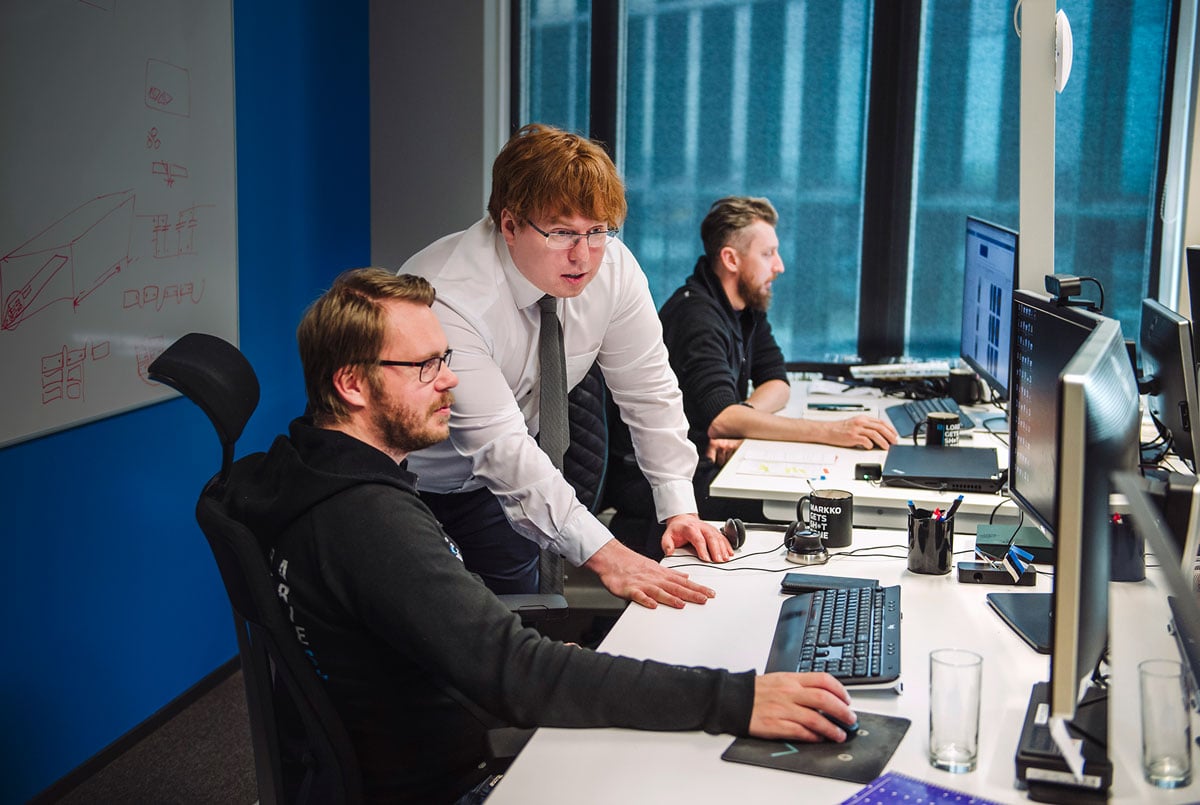
These are much more difficult questions to answer. Actual performance is harder to grade than perceived performance.
I'm pretty sure you know what time you came into the office today and how busy you've been the entire day, but how well do you know what you've actually achieved? We can all see somebody storming around the office and leaving the impression of doing a lot, but what are the actual results? Maybe they look like they're doing a lot because they are not very good at organizing and prioritizing their work, which is quite often the case.
Changing the point of view from "I came in at 8 and left at 5 - I've done my duty" to "I achieved these three things today - I've done my duty" does not happen overnight. It's ingrained in how we view work - for a lot of people work is still a place you go to, not something you do. So it's a slow and laborious process, but we think it's worth the effort. The more we look at what actually gets achieved, the more we start looking at how we do it and how can we keep improving.
What are the results?
Turns out most people prefer to be at the office most of the time. You have meetings, you need to talk to your colleagues, you have a comfortable chair and a decent monitor - a pretty good place to get work done. But - and this is an important but - if you need some peace and quiet to crank out a difficult task then you can grab your laptop and head to wherever you want without having to worry about what everybody else is thinking. These kinds of pseudo-problems are destructive to creativity and efficiency - two things that are the lifeblood of helping companies save energy on the scale we are aiming for at Skeleton.

Now our focus is in the right place. We are constantly striving to improve the way we work, the tools we use, and how we communicate with each other. By focusing on the right things we are helping everybody get more done.
